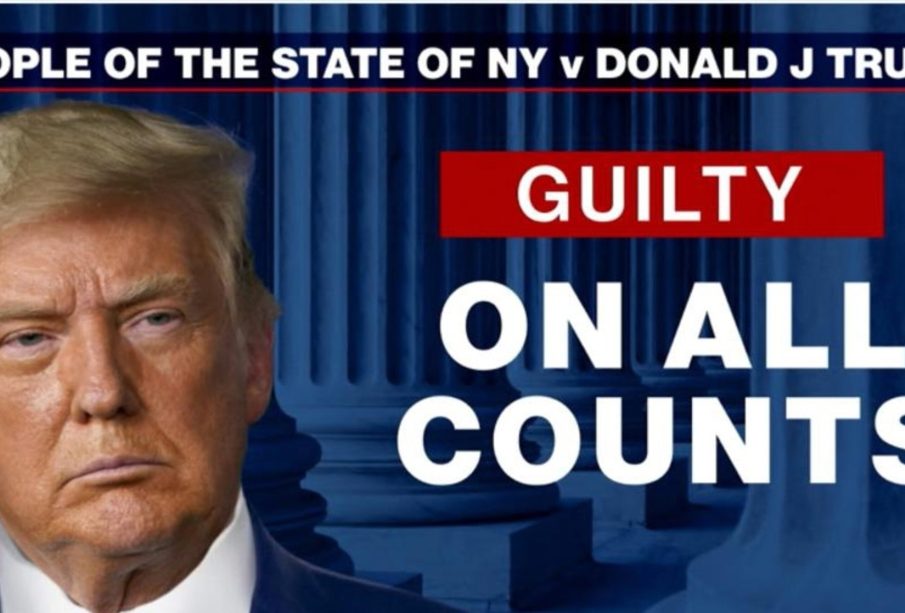Examining President Donald Trump’s Impact on Politics

Introduction
President Donald Trump remains one of the most polarizing figures in contemporary American politics. His administration, which lasted from January 2017 to January 2021, has deeply influenced party dynamics, policy directions, and public discourse in the United States. Understanding his presidency is essential to grasping the current political landscape, especially as the nation approaches upcoming elections.
Main Body
Throughout his presidency, Trump implemented a range of policies that showcased his ‘America First’ approach. Key achievements included significant tax cuts through the Tax Cuts and Jobs Act of 2017, which aimed to stimulate economic growth by lowering corporate tax rates. However, critics argue that these measures disproportionately benefitted the wealthy and widened income inequality.
Foreign policy also marked a significant aspect of Trump’s tenure. His administration’s withdrawal from the Iran nuclear deal and the renegotiation of NAFTA into the USMCA showcased his unconventional approach to international relations. The former president’s summit meetings with North Korean leader Kim Jong-un aimed at denuclearization received mixed reviews, with proponents praising his willingness to engage directly with adversaries, while detractors pointed to a lack of substantive results.
Trump’s response to the COVID-19 pandemic further intensified scrutiny of his leadership. Many criticize his administration’s handling of public health messaging and priorities during the early stages of the outbreak. Conversely, supporters highlight the expedited vaccine development process through Operation Warp Speed as a remarkable accomplishment.
Trump’s use of social media, particularly Twitter, became a cornerstone of his communication strategy, allowing him to engage directly with supporters while simultaneously alienating others. The way he leveraged social media played a role in shaping public perception and campaign strategies, an aspect that political analysts are still studying to understand its implications for future elections.
Conclusion
As Donald Trump continues to influence the Republican Party and American politics post-presidency, his legacy remains a subject of debate. His approach has set a precedent for future leaders, prompting discussions about the nature of populism, divisive rhetoric, and executive power in governance. Looking ahead, voters will need to consider how Trump’s influence may shape policy and candidate choices in the upcoming elections, potentially steering the political discourse in new and contentious directions.









